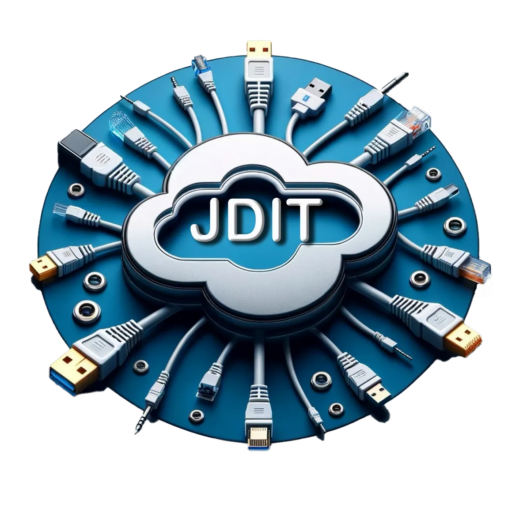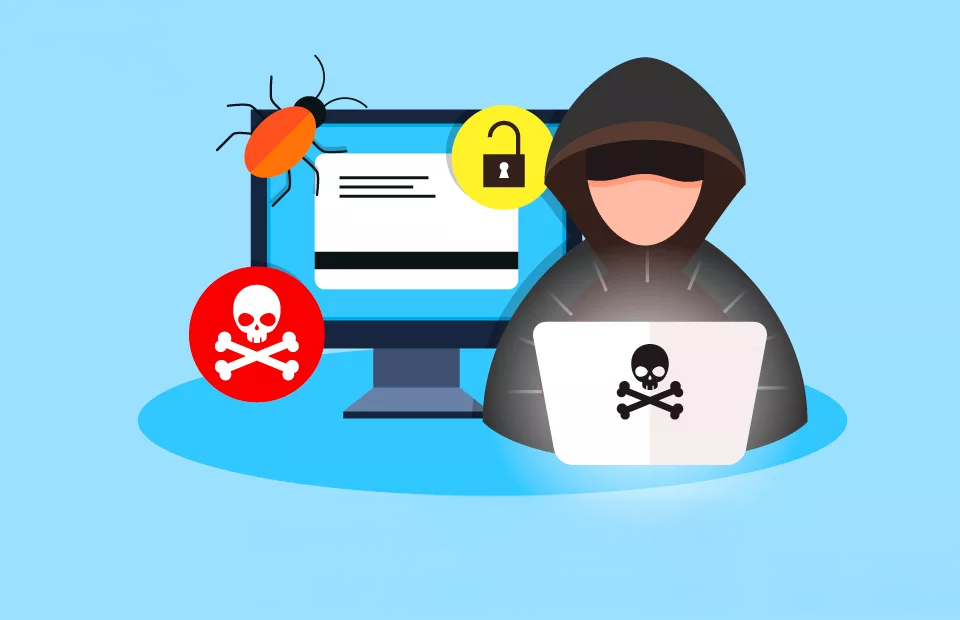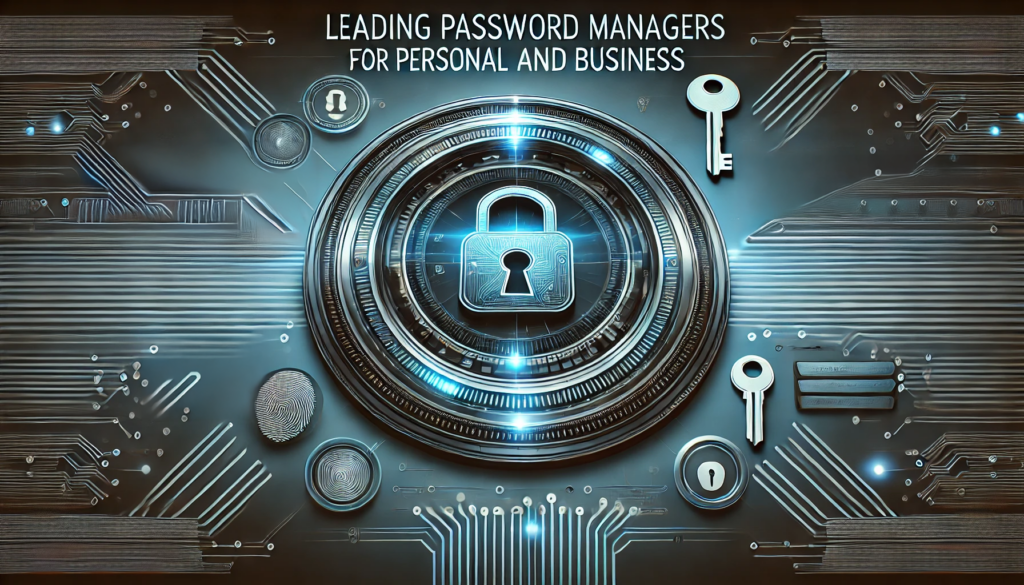In an era where digital transformation touches every industry, HVAC, plumbing, and electrical companies are increasingly adopting connected systems to streamline operations and improve service delivery. However, with this digital evolution comes a growing cybersecurity threat—one that many trade businesses are not fully prepared to handle.
One of the biggest cybersecurity risks facing these industries today is ransomware attacks on operational and financial systems.
Why Are HVAC, Plumbing, and Electrical Companies at Risk?
Many small to mid-sized service businesses assume they are not prime targets for cybercriminals. However, attackers see these companies as low-hanging fruit—often with weak security defenses, outdated software, and valuable business data. Here’s why:
• Use of Legacy Software & Unpatched Systems – Many trade companies still rely on older systems for invoicing, scheduling, and fleet management. Unpatched vulnerabilities in these systems can be easily exploited.
• Lack of IT Resources – Unlike large corporations with dedicated cybersecurity teams, trade companies often operate with minimal IT support, making them vulnerable to attacks.
• Remote & Mobile Workforces – Employees frequently use mobile devices, tablets, and remote-access software to schedule jobs and manage invoices. Without proper security measures, these devices can become entry points for cybercriminals.
• Third-Party Vendor Risks – HVAC and electrical companies, in particular, often integrate with smart building systems, which connect to larger networks. If attackers compromise these systems, they can gain access to client networks, leading to liability issues and reputational damage.
How Ransomware Disrupts the Trades
Ransomware is a type of malware that encrypts company data, making it inaccessible until a ransom is paid—often in cryptocurrency. Here’s how it typically impacts HVAC, plumbing, and electrical businesses:
• Operational Downtime – Service scheduling, job tracking, and invoicing systems can be completely locked down, preventing technicians from being dispatched.
• Financial Losses – Companies unable to access their financial software may struggle to process payments or payroll, impacting cash flow.
• Reputational Damage – If an attack compromises client information, it can result in lost trust and even legal repercussions.
Real-World Example: The Target HVAC Breach
One of the most well-known cyber incidents tied to the HVAC industry was the 2013 Target data breach. Hackers gained access to Target’s network through a third-party HVAC contractor, ultimately compromising the personal and credit card information of 40 million customers. This incident highlighted how attackers can use smaller vendors as a backdoor into larger, more lucrative targets.
How HVAC, Plumbing, and Electrical Companies Can Protect Themselves
The good news is that these businesses don’t have to become easy targets. Implementing basic cybersecurity best practices can significantly reduce the risk of ransomware and other attacks:
1. Keep Software Updated – Ensure all scheduling, invoicing, and fleet management software is updated and patched regularly.
2. Use Endpoint Protection – Install modern endpoint detection and response (EDR) solutions like Bitdefender GravityZone or CrowdStrike Falcon to detect and stop malware.
3. Secure Remote Access – If technicians access systems remotely, use multi-factor authentication (MFA) and VPNs to secure connections.
4. Back Up Critical Data – Regularly back up data using secure cloud storage or offline backups, so ransomware attacks don’t cripple operations.
5. Train Employees on Cybersecurity – Use cybersecurity awareness training tools like KnowBe4 to educate employees on phishing and other cyber threats.
Cybercriminals are targeting HVAC, plumbing, and electrical companies because they often have weaker security while holding valuable data. By prioritizing cybersecurity and implementing proactive defenses, businesses in these industries can protect themselves from costly attacks and ensure their operations remain secure.
Investing in cybersecurity is no longer an option—it’s a necessity. If you’re unsure where to start, working with a Managed Security Services Provider (MSSP)/ Managed Service Provider (MSP) can help your company build a strong security foundation while allowing you to focus on what you do best: keeping homes and businesses running smoothly.




